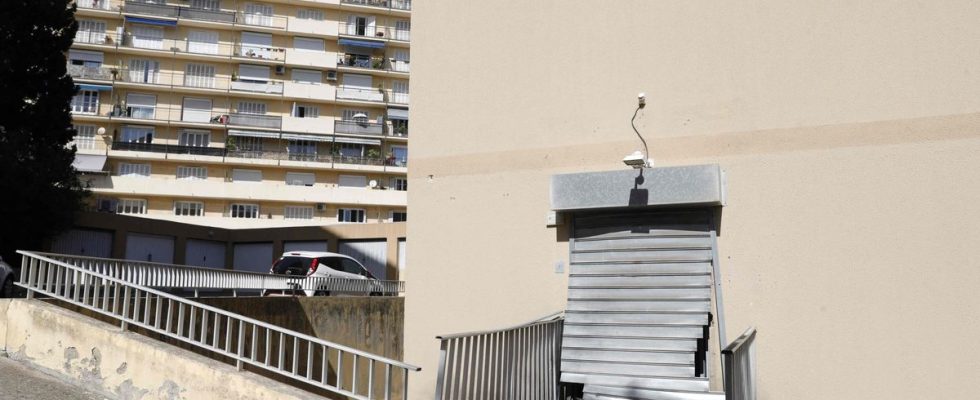The “blue night” could have designated an astrological phenomenon to be observed in the autumn sky. In Corsica, this expression takes on a less poetic meaning. During the night from Sunday to Monday, around twenty explosions targeting residents were claimed by the FLNC, in the midst of a debate on the autonomy of the island. The National Anti-Terrorism Prosecutor’s Office has taken up the matter. What is this new “blue night”? Why did the FLNC claim responsibility for the acts? What legal consequences? 20 minutes make the point.
What happened ?
The night from Sunday to Monday was punctuated by explosions in Corsica. “There is in particular a device with a modified fire extinguisher, which did not explode. Most of the explosions are caused by gas cylinders, but this remains to be determined. These are homemade devices,” François Thévenot, interim public prosecutor in Bastia, told AFP.
Haute-Corse was the scene of a dozen incidents. The explosions hit houses under construction, a partially occupied subdivision and a second home. In Corsica-du-Sud, the other department of the island, “around ten attacks” were carried out according to Nicolas Septe, public prosecutor of Ajaccio. The attackers attacked a former disused tax center and second homes. No serious injuries were reported by authorities.
Why did the FLNC take responsibility for its actions?
As of this Monday noon, the Corsican National Liberation Front (FLNC) claimed responsibility for the actions in a one-page press release sent to Corsica-Morning. “We have no common destiny with France,” the organization said, in one of the two sentences in the press release written in French. The text is signed with the slogans of the FLNC-Union of Combatants and the FLNC October 22. These two movements, now united, were rivals. They laid down their arms in 2014 and 2016 respectively, as stated Corsica-Morning.
This new night of incidents takes place barely ten days after President Macron’s visit to Corsica to propose “autonomy in the Republic” while setting limits: this “historic moment” will not occur “without” or “against” the French State, the Head of State had warned. Emmanuel Macron had also opened the door to an “entrance” of Corsica into the Constitution, as recalled The world.
These exchanges concluded nearly 18 months of discussions. The debate was launched after the explosion of violence following the death of independence activist Yvan Colonna, who was serving a life sentence after the assassination of prefect Erignac in 1998. The former shepherd had been fatally attacked by a fellow prisoner.
What legal consequences after this new night of violence?
The National Anti-Terrorism Prosecutor’s Office (Pnat) announced that it had opened an investigation on Monday after the 22 explosions observed and the FLNC’s claim. The investigation was notably opened for participation in a terrorist criminal association with a view to preparing destruction using explosive or incendiary substances likely to result in death and an act of terrorism.
“Destruction by dangerous means for people in an organized gang and in relation to a terrorist enterprise as well as attempted assassination in relation to a terrorist enterprise” is the other charge detailed by the Pnat.
For two years, Corsica has suffered an increase in arson attacks and explosions accompanied by nationalist tags. According to a judicial source interviewed by AFP in August, 50 investigations “related to arson or acts of destruction” in Corsica have been opened by the National Anti-Terrorism Prosecutor’s Office since January, compared to 22 in 2022, three in 2021 and four in 2020. The last “blue night” dates back to March 9 and 10, 2019. Seven homes were damaged.

